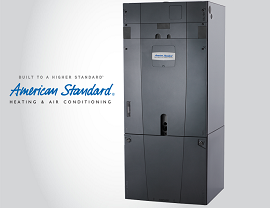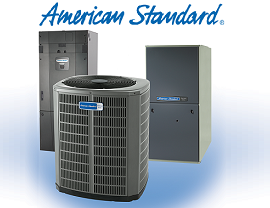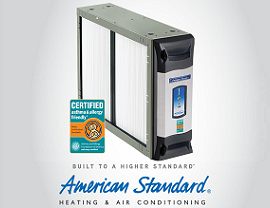





What are air filters and should you get one?
With almost 1 in 6 Americans affected by some form of allergy and 1 in 13 Americans having asthma, either of which can lead to debilitating complications, air filters are an excellent investment to protect you and your loved ones from airborne allergens and dissolved gases and fumes that are usually invisible to the naked eye.
What causes poor air quality?
While air-borne suspended particles include bacteria, microorganisms, and hair, the main allergens causing allergic reactions are usually pollen, mold, and dust. For those having an allergy to these symptoms can range from the benign, such as mild sneezing, coughing fits, nausea or a runny nose, to lethal with long term exposure causing major allergic reactions such as chronic obstructive pulmonary disease (COPD) or pulmonary fibrosis.
Additionally, gaseous industrial and automobile waste can accumulate in the atmosphere and result in poor air quality leading to health complications such as organ or tissue damage.
How does an air filter work?
An air filter usually comprises a conditioning unit with a carbon filter and or a particulate filter along with a fan that routes air through it for purification, along with a casing. The particulate filter traps the dirt, debris and suspended particulates including common allergens while the carbon filter absorbs the dissolved gases present in the air such as carbon monoxide, smoke, and cooking fumes.
Does an air filter help those with allergies or asthma?
Air filters improve the air quality present and can prevent exposure to allergens and toxic gases for those suffering from asthma or allergies. They can help in alleviating symptoms and aid in recovery from a recent episode by allowing the respiratory tract to rest. However, it is crucial to regularly dust, vacuum, wash fabrics and wipe clean surfaces to get rid of larger allergens which may not be air-borne.
How to select an air filter?
While higher grade filters cost more, they are capable of filtering small particles and can prevent allergic reactions and attacks of asthma. Air filters are usually rated on a MERV rating determining their efficiency from 1 to 20. It has been reported in a few studies that using a filter having a rating of 12 did improve asthma symptoms. It is best to consult an air filter specialist while selecting your air filter to ensure it fits well with your air conditioning system.
